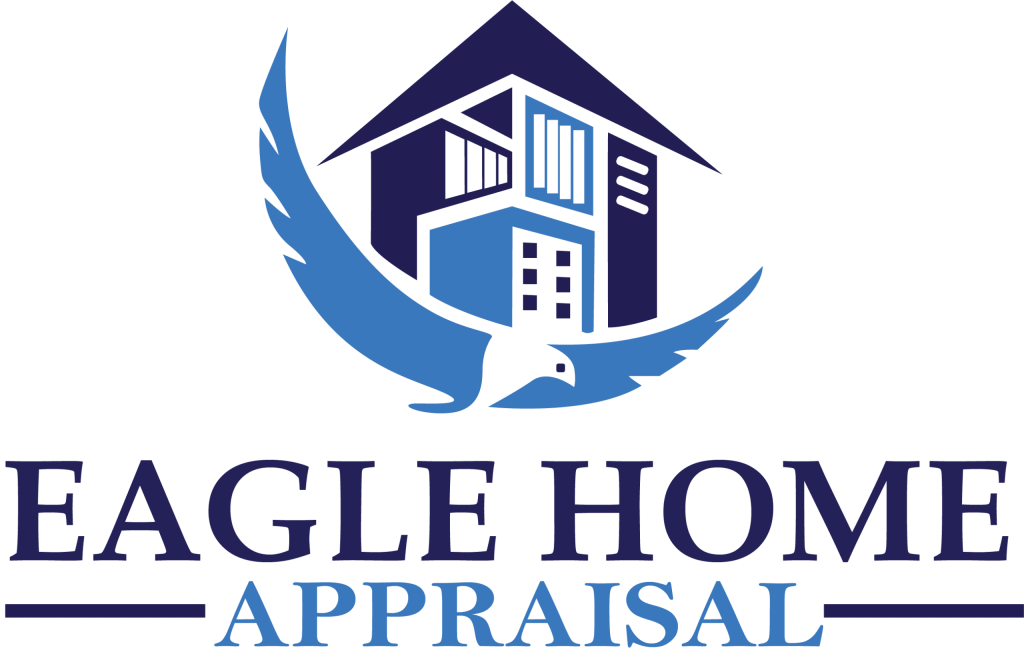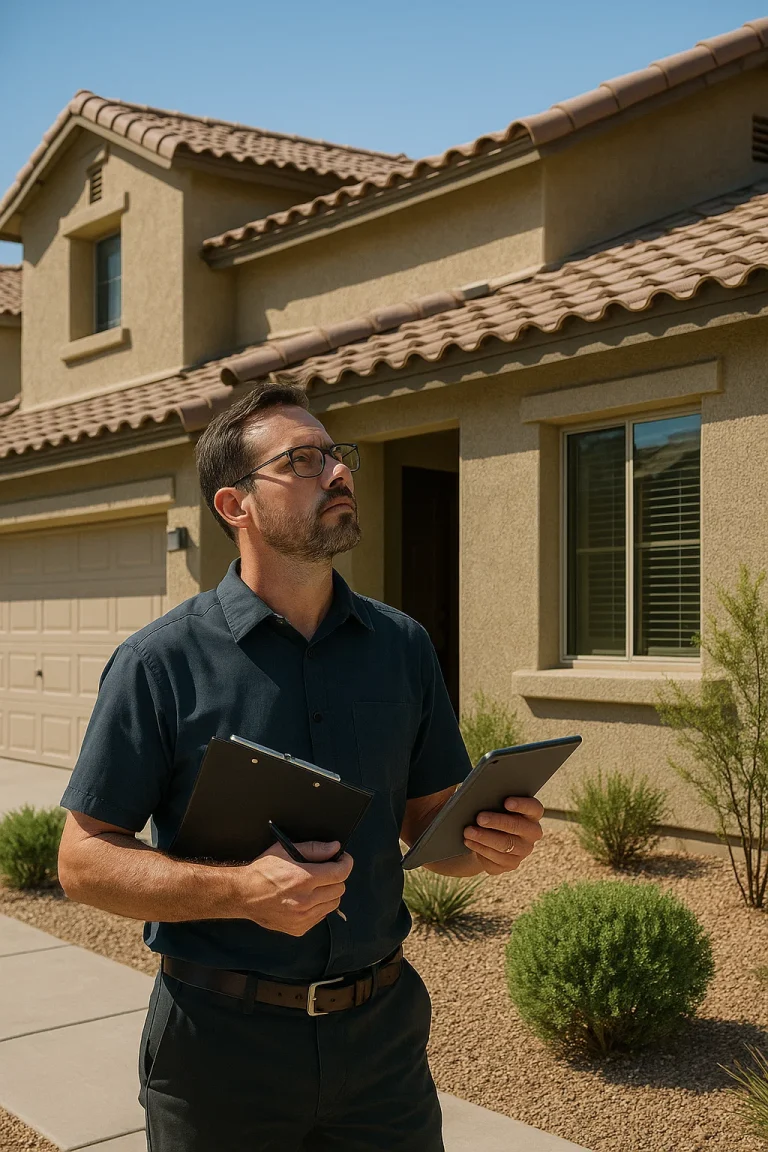What are the credentials required for appraisers in Arizona?

The real estate industry is largely driven by accurate, objective, and professional property valuations. Gilbert real estate appraisers play a critical role in this process, ensuring fair market assessments that underpin major financial, legal, and personal decisions. Whether navigating a home sale, settling an estate, dealing with divorce, or minimizing tax burdens, the expertise of an appraiser is vital in Arizona. If you’re considering a career in residential or commercial appraisal, understanding the state’s credentialing requirements is the essential first step. Arizona’s property appraisers are regulated by the Arizona Department of Insurance & Financial Institutions (DIFI), which enforces rigorous standards to protect property owners, buyers, and financial institutions. This blog outlines the step-by-step process, educational expectations, trainee phases, levels of licensure, renewal procedures, and ethical commitments required to become an appraiser in Arizona—providing transparency for both new entrants and seasoned professionals seeking advanced certifications.
Overview of Appraiser Credentialing in Arizona
Arizona’s pathway for real estate appraisers is structured, with clear progression from entry-level trainee to licensed, certified residential, and certified general appraiser. Each role comes with increasing requirements for education, experience, and professional responsibility.
- Trainee Appraiser: The entry point to the profession. Requires foundational coursework, background clearance, and supervision by a certified appraiser.
- Licensed Residential Appraiser: Appraises noncomplex residential properties under $1,000,000 in value. Entails further education and documented experience.
- Certified Residential Appraiser: May appraise 1–4 residential units of any value or complexity. Requires bachelor’s-level education or college alternatives and increased practical experience.
- Certified General Appraiser: Authorized to appraise all real property types; demands a bachelor’s degree, rigorous education, and extensive experience—much of it in non-residential assignments.
All credentialed appraisers in Arizona must adhere to the Uniform Standards of Professional Appraisal Practice (USPAP), ensuring ethical and competent service across the state.
Licensed Residential Appraiser Credential
The first tier of independent appraisal is the Licensed Residential Appraiser (LRA):
- Minimum Age: 18 years old.
- Education: At least 150 hours in approved real estate appraisal courses, including 15 hours dedicated to the USPAP.
- Experience: A minimum of 1,000 hours of acceptable experience under supervision, completed in no fewer than six months.
- Examination: Successful completion of the state licensing exam administered by the Arizona Board of Appraisal.
- Application Process: Submission of a detailed application, experience log, and payment of the $400 initial fee plus $100 examination fee.
- Background Disclosure: Applicants must declare prior convictions or disciplinary actions and provide relevant documentation where required.
- Scope of Work: LRAs may independently appraise noncomplex residential properties with up to four units, valued below $1,000,000.
Becoming a Licensed Residential Appraiser is a significant milestone, opening doors to independent work on small-scale residential properties.
Certified Residential Appraiser Credential
Certified Residential Appraisers have expanded privileges in the state:
- Education:
- 200 hours of qualifying appraisal education (includes USPAP).
- Fulfillment of higher academic prerequisites via one of several paths:
- Bachelor’s degree (any field)
- Associate’s degree in business, accounting, finance, economics, or real estate
- Completion of 30 semester hours in specified college-level subjects (economics, law, math, business, etc.)
- College Level Examination Program (CLEP) alternatives
- Five-year minimum as a Licensed Residential Appraiser without disciplinary action (no college needed).
- Experience: At least 1,500 hours gained over a minimum of 12 months in real estate appraisal.
- Examination: Must pass the national Certified Residential Appraiser exam.
- Background & Citizenship: Proof of legal status and good moral character is required.
- Application Fee: $400 plus National Registry Fee after passing the exam.
- Scope of Work: These appraisers can handle all one-to-four unit residential properties regardless of value or complexity, including associated vacant land.
The Certified Residential Appraiser credential is ideal for those seeking to appraise a wider range of complex residential property.
Certified General Appraiser Credential
The most advanced licensure is the Certified General Real Property Appraiser, allowing full scope appraisal across all property types:
- Education:
- Bachelor’s degree (any field) from an accredited college or university.
- Completion of 300 hours of qualifying real estate appraisal education (includes USPAP and advanced specialty courses).
- Experience: 3,000 hours over no fewer than 18 months, with at least 1,500 hours in non-residential appraisal work.
- Examination: Successful passage of the national Certified General Appraiser exam.
- Fees: $400 for initial application, plus National Registry Fee post-exam.
- Scope of Work: These appraisers can assess any real property—residential, commercial, agricultural, industrial, etc.—without value or complexity limitations.
Many appraisers aim for Certified General status, especially if they plan to specialize in commercial, industrial, or multi-use property appraisals.
Education Requirements and Approved Courses
Across all licensure levels, Arizona enforces rigorous education standards:
- Coursework must be AQB-approved or accepted by the Arizona Department of Insurance & Financial Institutions.
- Minimum course lengths and hours:
- Trainee: 75 hours, including USPAP
- LRA: 150 hours plus 15 USPAP
- Certified Residential: 200 hours total
- Certified General: 300 hours total
- Specialized Appraisal Subjects:
- Principles, procedures, ethics (USPAP), valuation methodology, case studies, market analysis, law, finance, reporting, site valuation, and income approach—all form part of the curriculum at advanced levels.
- Distance Learning: Some restrictions apply; proctored, closed-book exams are generally required for qualifying credit.
- Certain courses, such as the 7-hour USPAP update, are mandatory for renewal and continuing education.
High standards in education ensure that Arizona’s appraisers meet both state and national professional benchmarks.
The Application Process and Fees
Applying for and maintaining an appraiser license in Arizona involves multiple steps:
- Application Packet: Must be completed and submitted, including education and experience documentation, proof of legal status, background check, and all required forms.
- Submission Timeline: Applications must be received 45 days prior to the next scheduled exam; processing time may vary.
- Fees:
- Trainee: $300 application fee
- LRA, Certified Residential, General: $400 application fee plus $100 exam fee and an $80 National Registry Fee (after passing the exam); renewal $425 plus $50 registry fee.
- Review and Eligibility: The Arizona Board of Appraisal notifies applicants whether they qualify to sit for the exam and proceed with credentialing.
- Additional Documentation: Criminal, civil, or disciplinary disclosures require official documents and statements as support.
Due diligence in the application phase ensures candidates are both qualified and suitable for the profession.
Renewal and Continuing Education
Maintaining an active appraiser license requires ongoing professional development:
- License Validity: Licenses and certificates are valid for two years from date of issuance.
- Renewal Fees: $425 plus $50 National Registry Fee for most licenses; $25 delinquent fee if late.
- Continuing Education: 28 hours of CE every two years, including a mandatory 7-hour USPAP update. CE courses must be approved and cannot be repeated within the same renewal period.
- Course Criteria: CE may include instructional participation, development of courses, or authorship of materials—but only up to 50% of requirements and not in consecutive periods for the same course.
- Inactive or Suspended License: Renewal requires evidence of CE; disciplinary action resulting in suspension or revocation stops license until CE and requalification are completed.
Renewal and education requirements keep Arizona appraisers current with legal, methodological, and ethical changes in the profession.
Ethics, Legal Status, and Reciprocity
Professionalism in appraisal is underscored by strict legal and ethical requirements:
- USPAP: All practicing appraisers must adhere to the Uniform Standards of Professional Appraisal Practice, governing ethics, objectivity, methodology, and reporting.
- Legal Status: Proof of U.S. citizenship, national status, or approved alien status is mandatory.
- Background: Disclosure of criminal convictions, civil judgments, and past disciplinary actions is required at application and renewal, with detailed documents requested.
- Competency Rule: Appraisers must be competent in the property type and assignment area they appraise.
- Reciprocity: Arizona offers reciprocal licensing for appraisers from states with substantially similar requirements, streamlining the process for qualified out-of-state professionals.
- Ethical Education: Continued reinforcement of ethics and law is part of both qualifying and continuing education.
Appraisers serve the public interest, and Arizona’s robust credentialing rules help guarantee fair, unbiased, and lawful property appraisals.
Conclusion
Arizona’s credentialing process for property appraisers combines education, experience, ethical commitment, regular renewal, and legal safeguards to produce trustworthy professionals. Whether you choose Eagle Home Appraisal Gilbert, another agency, or set your own path, it’s essential to understand the intricacies of this profession and the standards that govern it. Trainee appraisers must start with foundational knowledge, then progress through skill development, exams, and documented experience. As responsibility grows, so do educational and practical requirements—culminating in broad certification for those committed to excelling in the field.
If you’re interested in becoming an appraiser or need reliable valuation services—from estate and trust appraisal to divorce or IRS tax appraisals in Gilbert—reach out to Eagle Home Appraisal Gilbert. Our team comprises credentialed experts who serve with integrity, accuracy, and insight, ensuring every appraisal meets both legal standards and client expectations.
For more details or to schedule your property appraisal in Arizona, contact us today—the value of your property starts with the credentials of your appraiser.
Next Up: Some appraisal methods are far more convenient than others. In our next post, we’ll explore Are Desktop Appraisals Accepted in Gilbert Instead of Onsite Inspections? and why professional guidance is often necessary to ensure accurate and compliant property valuations.
Divorce Appraisals
At Eagle Home Appraisal Gilbert, we specialize in providing expert divorce appraiser services, offering expert witness testimony when necessary.
Estate & Trust Appraisals
At Eagle Home Appraisal Gilbert, we offer a comprehensive range of professional estate appraisal services to facilitate estate and trust planning.
IRS & Tax Appraisals
At Eagle Home Appraisal Gilbert, we specialize in providing professional IRS tax appraisal services to minimize capital gains on inherited property.
Real Estate Appraisal
Eagle Home Appraisal is a group of independent fee appraisers committed to delivering competent, credible, and reliable appraisal reports.
Eagle Home Appraisal Services Near Me
Comprehensive Property Appraisals
Expert Witness Testimony
Fair Market Value Assessments
Rapid Turnaround Times
Customized Solutions
Contact Eagle Home Appraisal Today
For more information about our services, get in touch with Eagle Home Appraisal. Our team is dedicated to providing the best customer service, ensuring all your appraisal needs are met with professionalism and expertise. Contact us today to learn more about how we can assist you.
Get A Free Consultation

copyright @2025 all rights reserved | Privacy-policy



